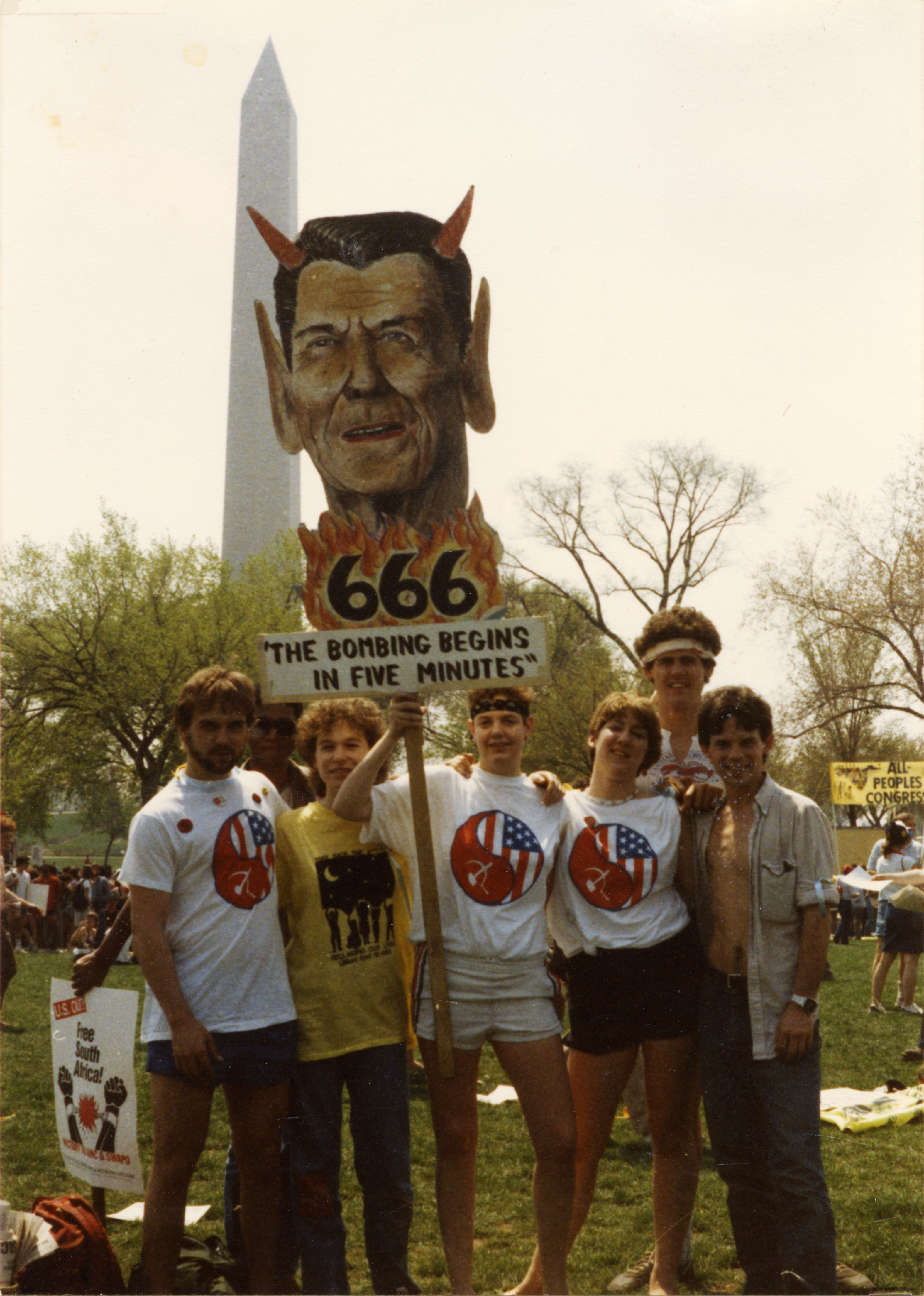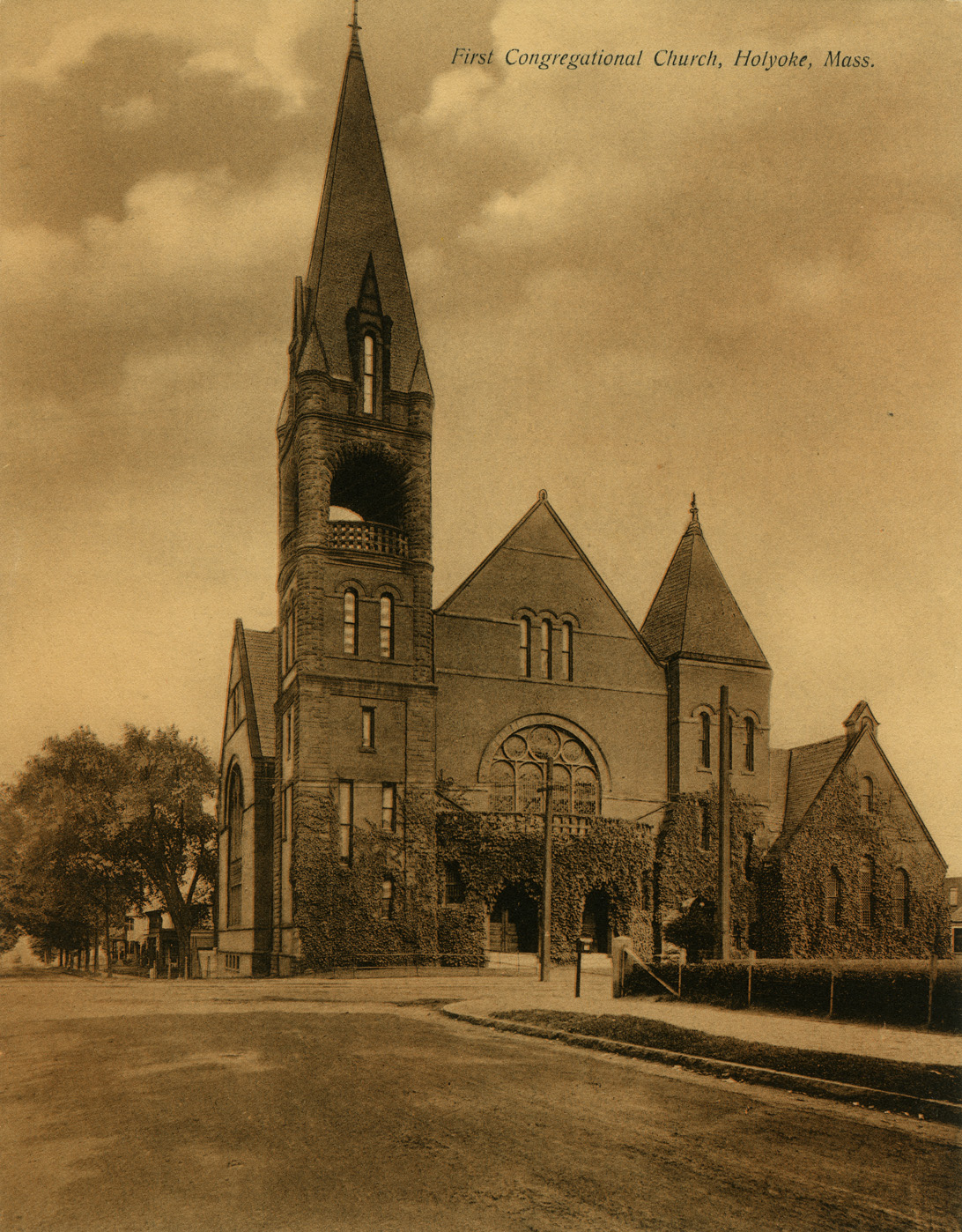Robert W. Tuthill Papers
Robert W. Tuthill taught epidemiology at UMass Amherst for nearly three decades and championed the libraries by both serving on the Friends of the Library board and bringing his students into the stacks for class assignments. Born in Wilkes-Barre, Penna., Tuthill attended high school in Newton, Mass., and earned an associate’s degree from Newton Junior College before coming to the University of Massachusetts. At UMass, he majored in sociology, graduating in 1956, and served at the Valley Forge Army Hospital before returning to academia at the University of Pennsylvania, where he received a master’s degree in sociology. At the University of North Carolina Chapel Hill, he studied epidemiology, earning his Ph.D. in 1970. When Tuthill returned to UMass to join the faculty in 1970, it was to start the epidemiology program, which would be part of the School of Public Health and Health Sciences. Tuthill joined the Friends of the Library board in 1988 and served for nearly fifteen years, including a term as president. In 2003, he was honored with the Libraries’ Siegfried Feller Award for Outstanding Volunteer Service. Tuthill retired from UMass in 1998.
The Tuthill Papers contain teaching materials from some of the notable courses Tuthill taught at UMass, including Environmental Epidemiology and Biases in Epidemiologic Research; a small amount of research materials associated with an ADD/ADHD study; and copies of his publications, which included studies involving a variety of public health issues, from lead poisoning and smoking to family planning and cancer. Much of Tuthill’s research took place in the Western Massachusetts region.



